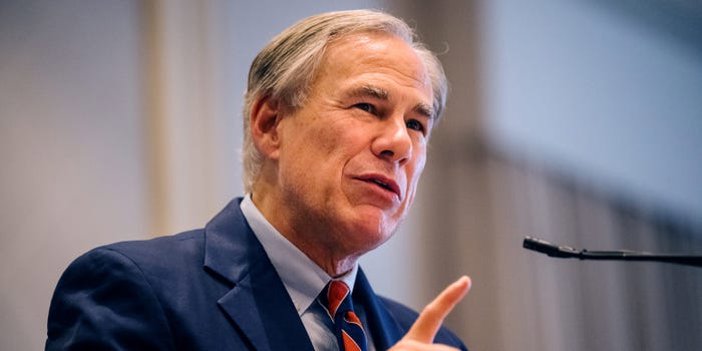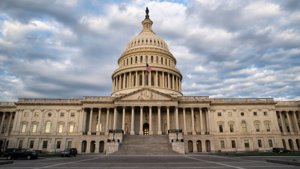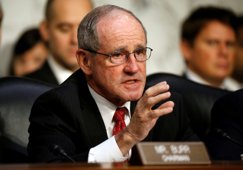
Abbott Demands Flood Warning System Reform in Texas
Texas Governor Abbott urges special session for sweeping flood warning system reforms after over 100 deaths.
Abbott Pushes for Legislative Action After Tragic Floods
Texas Governor Greg Abbott has called for a special session to enact comprehensive reforms to the state’s flood warning and emergency response systems, following devastating floods in the Texas Hill Country that claimed more than 100 lives and left nearly 200 missing. The disaster, triggered by extreme rainfall near the Guadalupe River, caused rapid, catastrophic flooding across multiple counties, with the river rising almost 30 feet within just 45 minutes.
The floods struck early on July Fourth, sweeping away homes and resulting in the tragic deaths of 27 campers at a riverfront youth camp. As rescue and recovery operations continue, residents have voiced deep frustration over what they describe as inadequate advance notice of the impending disaster. Many questioned whether more timely alerts could have saved lives.
According to the National Weather Service (NWS), notifications regarding flood risks were expanded about 12 hours prior to the tragedy, but the warning level remained “moderate.” This has led to renewed scrutiny of the existing warning system and a demand for stronger, more actionable alerts in the future.
Legislative Reforms and Federal Response
In his proclamation, Abbott outlined the urgent need for new legislation aimed at improving early warning infrastructure, strengthening emergency communications, providing additional relief funding, and streamlining rules and regulations to speed disaster preparedness and recovery. The governor also called for an evaluation of how public safety and relief operations are coordinated across local and state agencies.
Other issues, such as education, taxes, abortion, human trafficking, crime, elections, and hemp-derived products, were also included in the special session call, but Abbott’s focus remains on preventing a repeat of the tragic losses suffered in the floods.
At a recent news conference, Department of Homeland Security (DHS) Secretary Kristi Noem addressed widespread criticism over notification failures and vowed to modernize the National Weather Service and NOAA’s “neglected” and “ancient” forecasting systems. “Families deserve as much advanced notice as possible,” Noem emphasized, pledging that upgrades are underway, though she did not give a specific timeline.
Despite official commitments, some skeptics argue that necessary upgrades may be hindered by recent cuts to the National Oceanic and Atmospheric Administration (NOAA) workforce. While Democrats claim that over 880 NOAA employees were laid off as a result of government efficiency measures, a spokesperson for the agency declined to confirm exact figures.
As the state of Texas mourns its losses and works toward recovery, pressure is mounting on lawmakers to deliver substantive improvements in disaster preparedness and public safety. Abbott’s call to action marks the beginning of what is expected to be a far-reaching debate on how best to protect communities from future natural disasters in an era of increasingly unpredictable weather.






